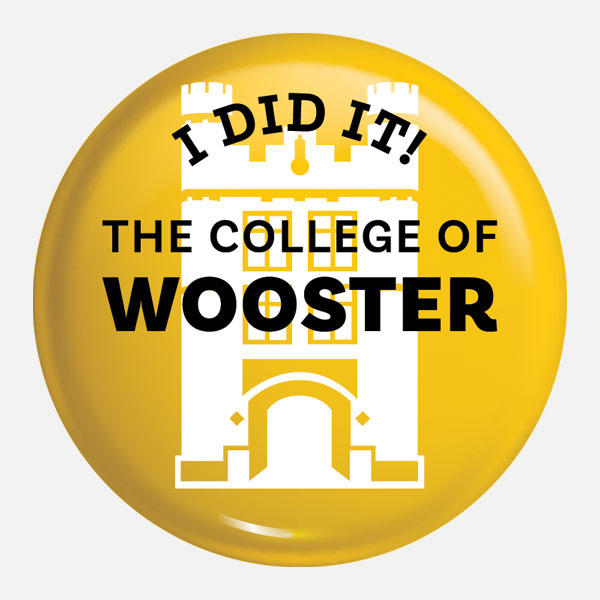
Boolean Modeling of the Interactions Between Inflammation, Hypoxia, and the Epithelial-Mesenchymal Transition (EMT)

Name: Ian Zonfa
Major: Biochemistry and Molecular Biology
Minor: Political Science
Advisors: Erzsébet Regan, Mark Snider (second reader)
Despite the COVID-19 pandemic, cancer has remained the second largest cause of death in the U.S (1-2). Cancer is a broad group of diseases where tumor cells can divide rapidly, create more tumor cells in a “tumor microenvironment”, and often metastasize (3). Cancer cell behaviors are usually classified into hallmarks, with six primary hallmarks, and multiple secondary ones (2-3). One of these secondary hallmarks is inflammation, which helps create a tumor microenvironment that recruits blood vessels to help spread the tumor (2). One key hallmark that aids this spread is the Epithelial-Mesenchymal Transition (EMT), where epithelial cells transition into migratory cells and spread (4). The inflammatory cytokines IL-6 and TGF-b provide several links between EMT, cancer, and inflammation (4-8). We sought to model these interactions to show that inflammation can drive EMT. Our model also links TGF-b signaling to hypoxia, or an absence of oxygen (9-10). After testing an epithelial cell pushed to a hybrid EMT state by its strong growth factor and monolayer breakage environment, we found that IL-6 signaling causes a transient mesenchymal state in both normoxic and hypoxic conditions. It was also found that TGF-b caused our hybrid E/M cell to commit to full EMT, but only in hypoxia. As a result, our model predicted links between inflammatory signaling, hypoxia, and EMT, which can now be tested in vitro.
Posted in Comments Enabled, Independent Study, Symposium 2022 on April 26, 2022.
One response to “Boolean Modeling of the Interactions Between Inflammation, Hypoxia, and the Epithelial-Mesenchymal Transition (EMT)”
Related Posts
Related Areas of Study
Political Science
The study of power, with concentrations in U.S. politics, international relations, political theory and comparative politics.
Major MinorBiochemistry & Molecular Biology
Biology and Chemistry combine in an interdisciplinary program for students with a passion for molecular events.
Major


Great work Ian! This is important research.